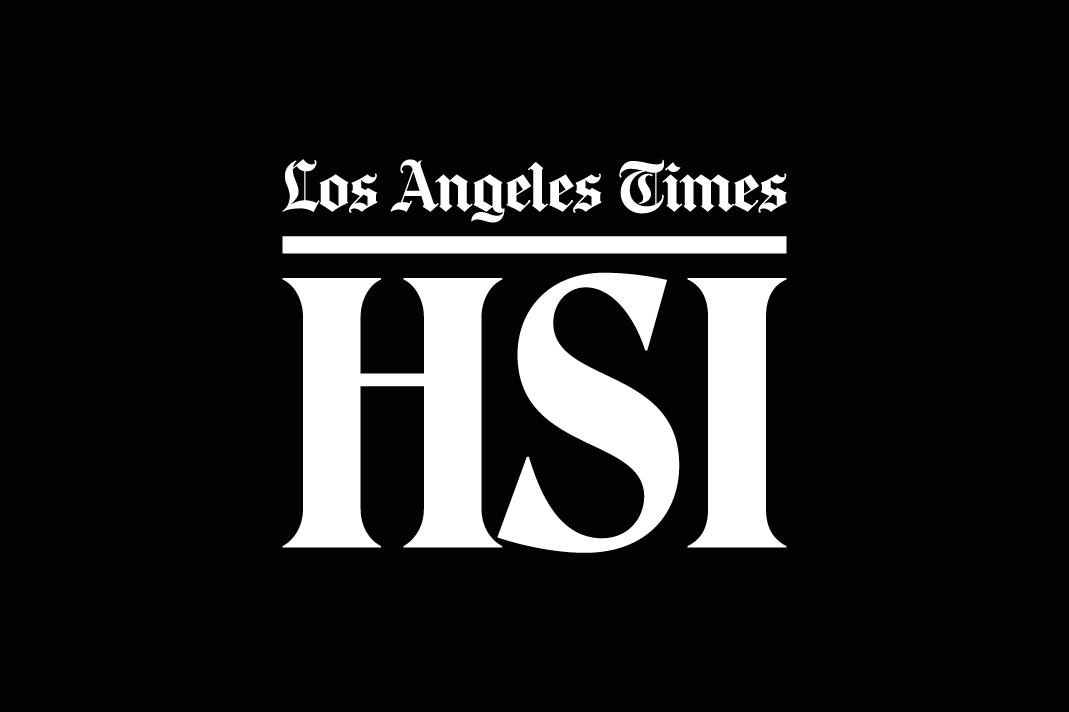The UN lacks the direct authority to overturn a particular adoption ban, but it can champion human rights, particularly children’s. UN agencies, like UNICEF, can participate in discussions with national governments to advocate for better practices with adoption, child welfare and safeguarding children’s rights. The UN General Assembly addresses child welfare and protection matters through non-binding resolutions. These recommendations are contingent on member states’ cooperation. Addressing specific adoption bans, such as the Russian Adoption Ban, often involves diplomatic routes, international organizations and non-governmental organizations (NGOs). Advocacy initiatives, awareness campaigns and diplomatic interactions can be used to encourage the adjustment of these policies. International pressure, ethical considerations and prioritizing children’s well-being can influence individual nations’ decision-making.
The UN charter plays a significant role in upholding international law. The Charter is the foundational document binding UN member states to the code of conduct and ethics to govern as one body. The Charter is particularly important as it organizes the critical principles of international relations, specifically sovereign equality among nations. The UN holds specific councils granting powers to govern member nations. The Security Council is one of the bodies that enables actions like peacekeeping missions and sanctions for and against nations. The UN also hosts an International Court of Justice (ICJ). The principal judicial body, adjudicating legal disputes between member states, provides advisory options and notices on legal questions and disputes, aligning with the UN’s commitment to justice and maintenance of international law principles.
The UN has played a crucial role in shaping human rights law, especially denoted by adopting the Universal Declaration of Human Rights in the early days of its establishment. The human rights law is noted as the bedrock law, with its declaration delineating fundamental rights and freedoms globally. Moreover, the UN has extended its efforts to enhance human rights protections by instituting international covenants and optional protocols. For example, the Optional Protocol to the International Covenant on Economic, Social and Cultural Rights (OP-ICESCR) offers an alternative for victims facing challenges in accessing justice locally to present their grievances internationally. This protocol stresses the duty of states to uphold and safeguard economic, social and cultural rights.
The UN employs various strategies to promote equitable adoption practices with the best interest of the child in mind. Among most of these is an unwavering commitment to human rights principles. The UN actively crafts guidelines and practices for international adoption, focusing on nurturing ethical and child-centric procedures. Agencies like UNICEF, operating under the UN umbrella, play a pivotal role in supporting capacity-building endeavors within nations. They channeled resources into training programs and infrastructural enhancements. This holistic approach contributes significantly to fortifying global child welfare and adoption systems. Additionally, the UN advocates for innovative alternatives to adoption bans, shedding light on viable solutions such as family preservation, foster care or kinship care. These efforts aim to address the root causes of challenges in the adoption landscape while prioritizing the overall well-being of children.
The UN should take decisive action in addressing the Russian Adoption Ban. The ban raises numerous concerns about human rights violations, notably affecting the right to family life recognized by global human rights standards. Fortunately, the UN has mandates allowing them to ensure the safeguards of human rights, specifically in situations in which rights are egregiously jeopardized. Moreover, the UN Convention on the Rights of Children (UNCRC) underscores the importance of prioritizing children’s rights, but more importantly, the child’s best interests in all actions concerning their well-being. Given that the Russian Ban is likely interfering and hampering these rights, the UN should intervene and ensure protections of rights are restored by a potential law reversal given that Russia is a member state.
The UN plays a critical role in establishing international and ethical adoption standards through its connections with numerous international agencies and organizations. If the ban has deviated from these standards, the UN should take measures to defend a global framework. The UN’s role as a platform for diplomatic engagement and international dialogue further provides an avenue for addressing the ban through diplomatic channels.
Furthermore, the humanitarian impact of the adoption ban on children, prospective adoptive parents and the broader context is a significant concern that aligns with the UN’s commitment to humanitarian principles. The UN may intervene to address the human consequences of such policies and work towards solutions that align with international norms. The commitment to global collaboration offers an opportunity for the UN to address and take serious action against the Russian Adoption Ban through cooperation with member states, non-governmental organizations and other stakeholders to achieve a mutually agreeable and humane resolution. Lastly, the potential for the ban to result in discrimination against a specific nationality raises alarms. This prompts the UN to address situations where discriminatory practices are observed. In essence, the United Nations should find it imperative to act in the case of the Russian Adoption Ban to uphold human rights, ensure the child’s best interests, maintain international adoption standards, facilitate diplomatic solutions, consider humanitarian implications, foster global collaboration and prevent discriminatory practices.
Adoption experts and child welfare organizations express concerns about adoption bans, focusing on the profound impact on the well-being of Russian orphans. The primary goal is to secure permanent, loving homes for these children, emphasizing the potential adverse effects of prolonged institutionalization. Ensuring the overall welfare and mental health of affected children is crucial, highlighting the need to address their unique needs for stability and familial connection. Advocates say that ethically conducted international adoption provides a very viable and often preferred solution to offer children stable and nurturing environments not readily available in their home countries. This perspective prioritizes the child’s well-being, emphasizing the potential positive impact of international adoption on providing a loving and supportive family structure, ultimately contributing to the child’s overall welfare and development.
Acknowledging the geopolitical context, especially tensions between the United States and Russia, experts recognize the broader diplomatic issues driving adoption bans. It emphasizes the necessity of navigating political complexities to prioritize children’s welfare. Some experts support reforms within the Russian child welfare system, highlighting the need to enhance domestic adoption opportunities, support vulnerable families and address root causes leading to institutionalization. The focus is on restructuring the system to prioritize children’s well-being and provide alternative solutions that foster stable and supportive family environments within their home country.
Concentrating on raising awareness and educating the public about the complexities of international adoption will stress ethical adoption practices. To promote awareness, organizations such as the UN and UNICEF can strive to enhance understanding of the unique needs of adopted children. There should be ongoing support for adopting families. This approach aims to ensure that international adoption processes prioritize the child’s well-being and maintain ethical standards throughout the adoption journey.
While the current state of the ban does not look promising, there has been information addressing a potential reversal of the Russian Adoption Ban. However, this requires a comprehensive approach. Considering humanitarian, child welfare and diplomatic dimensions between the US and Russia, the UN should act ass a governing body to this law. Activism highlighting the humanitarian aspect is crucial, stressing the well-being and best interests of the children involved, primarily through showcasing the positive impact international adoptions from Russia have made on the well-being of the children involved.
While this could be a monumental win for all international adoptions, taking smaller steps to ensure child welfare and family preservation is attained is essential. This will start within the Russian welfare system, addressing the needs of children and families needing government assistance through financial or social services. Focusing on family preservation initiatives provides valuable resources to vulnerable families, preventing unnecessary separations. To strengthen these efforts, Russia is also prioritizing domestic adoptions and improving domestic institutional care. Ethical adoption practices are paramount to addressing concerns that led to the adoption ban in the first place. Advocacy for transparency, adherence to international standards and protection of all parties’ rights is necessary, with such initiatives ensuring international adoptions are conducted ethically, which should be collaboratively and vigorously pursued.
Energetic diplomatic dialogue plays a crucial role in finding common ground. Initiating and pursuing open channels of diplomatic communication between the United States and Russia on adoption-related issues is vital and urgent. Seeking mutual understanding and cooperation, diplomats should work towards shared goals for child welfare and family support, emphasizing collaboration on broader humanitarian efforts. International collaboration offers unique, immediate and viable opportunities for collaborative initiatives supporting vulnerable families and improving the overall well-being of children. Further, support systems are crucial and should be collaboratively established expeditiously to ensure the ongoing well-being of adopted children. International adoption, when conducted ethically and transparently, can provide permanent and loving homes for children who face prolonged, detrimental time institutionalized in orphanages.







